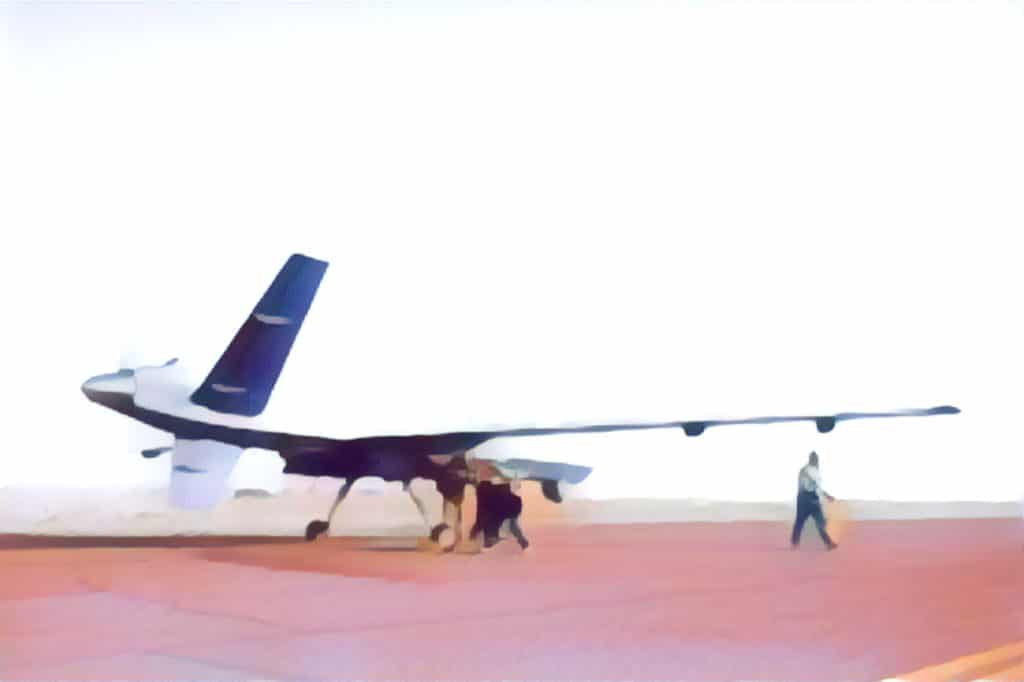Cybersecurity is crucial in supply chains, where risks can affect all connected parties. U.S. companies must now ensure compliance with evolving standards like the DoD’s CMMC, affecting over 200,000 contractors and their suppliers. With significant consequences and substantial government contracts at stake, effective risk management and rigorous vetting processes are critical for protection against data breaches and maintaining security across networks.
DoD
Spotlight Podcast: RADICL Is Coming To The Rescue Of Defense SMBs
In this Spotlight Security Ledger podcast, Chris Petersen, the CEO and founder of RADICL, talks about his company’s mission to protect small and midsized businesses serving the defense industrial base, which are increasingly in the cross-hairs of sophisticated, nation-state actors.
Military documents about MQ-9 Reaper drone leaked on dark web
Hackers have put up for sale on the dark web sensitive military documents, some associated with the U.S. military’s MQ-9 Reaper drone aircraft, one of its most lethal and technologically advanced drones, security research firm Recorded Future recently discovered.
Episode 79: Hackable Nukes and Dissecting Naughty Toys
In this week’s Security Ledger Podcast episode, the UK -based policy think tank Chatham House warned last week that aging nuclear weapons systems in the U.S., the U.K. and other nations are vulnerable to cyber attacks that could be used to start a global conflagration. We talk with Eddie Habbibi of PAS Global about what can be done to secure hackable nukes. Also: with CES raging in Las Vegas last week, we go deep with security researcher Jay Harris on flaws in connected toys being sold to children.
University of Michigan Lands $3.6m DARPA Grant for Unhackable Hardware
The University of Michigan announced that it has received a $3.6 million grant to develop hardware based security features that will make Internet connected systems “unhackable.” The grant will fund a project called MORPHEUS, which is developing a means of fending off hackers by turning computer circuits into the equivalent of “unsolvable puzzles,” according to a statement issued by University of Michigan. The grant was issued as part of a $50-million DARPA program to improve cybersecurity by marrying cybersecurity features with hardware rather than software. “Instead of relying on software Band-Aids to hardware-based security issues, we are aiming to remove those hardware vulnerabilities in ways that will disarm a large proportion of today’s software attacks,” says Linton Salmon, manager of DARPA’s System Security Integrated Through Hardware and Firmware (SSITH) program. Nine grants have been awarded under the SSITH program, including the $3.6 million of funding for the University of Michigan […]





